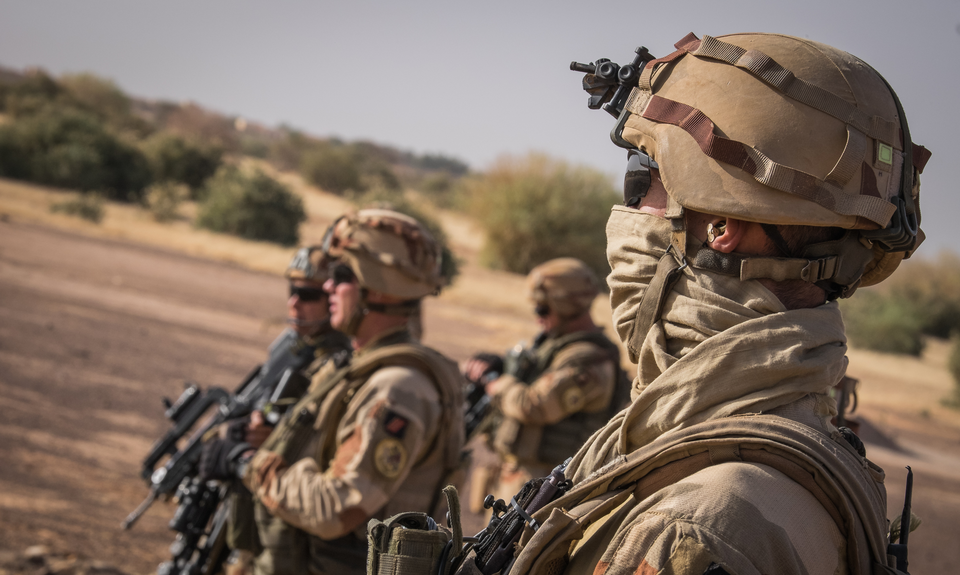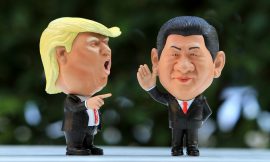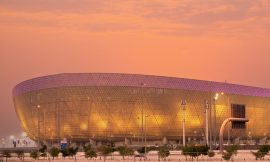Each month, Frédéric Munier, Director of the School of Geopolitics at SKEMA Business School, publishes a column in the magazine Pour l’Éco. In April 2023, he focused on the relationship between France and Africa. A pitiful departure from Burkina Faso, the dismantling of Operation Barkhane in the Sahel region… Two generations after decolonisation, French positions in Africa have never been so weak and the opposition so strong.
Since March 2023, President Macron has undertaken a series of journeys to Africa to “re-articulate” French presence there. In reality, France is seeking to curb the rejection to which it has been subjected in the countries that had, until now, maintained close links with it. There have been countless demonstrations against “the French colonial army”, while Burkina Faso is now relying on the Wagner Group’s Russian mercenaries to ensure its security. The loss of French influence is not only military: China, Russia and also the United States are increasing their exchange and investment agreements with Africa, where some countries are proudly announcing that they may stop teaching French. The days when the President of Ivory Coast, Felix Houphouët-Boigny (in power from 1960 to 1993), praised the benefits of “Françafrique” now seem far away.
Read also: The new “Trumpian” world order in sport, illustrated by golf
There are many reasons behind this ebb. China’s diplomatic influence and the information war waged by Russia have weakened France’s image by fanning the flames of anti-colonial sentiment. However, it is precisely because this rejection of French presence is profound in African public opinion. It stems from the feeling that decolonisation was never completed, but also from the fact that nothing has really changed after ten years of increased military presence in the Sahel region.
“Dominated Africa” is seeking to become “a sovereign Africa”
The populations are rejecting the former colonial power, which has failed to overcome jihadism and whose presence may have been felt like an occupation. In addition, there is France’s ongoing ambivalence: it condemns jihadist abuses, yet supports Chad’s young President Déby, who violently suppressed a demonstration in October 2022. Emmanuel Macron asserts the need for “another way”, but the Minister of the Armed Forces, Sébastien Lecornu, reaffirms that “Africa is part of our strategic depth”…
For the moment, Paris maintains solid support – in Senegal, Niger, Chad, Ivory Coast, and Gabon. But this is first and foremost based on good relationships with heads of State, some of whom have little regard for the democratic values that France is supposed to support. As for the populations, they feel reproachful. General Bruno Clément-Bollée, a great expert on Africa, believes that “we are simply in the process of changing the times” and that “dominated Africa” is seeking to become “a sovereign Africa”. For the African people, it is not sure that swapping the support of Paris for that of Moscow will change their fate. One thing is certain, though: decolonisation is a dish best served cold.
This article was originally published in Pour l’Eco.







